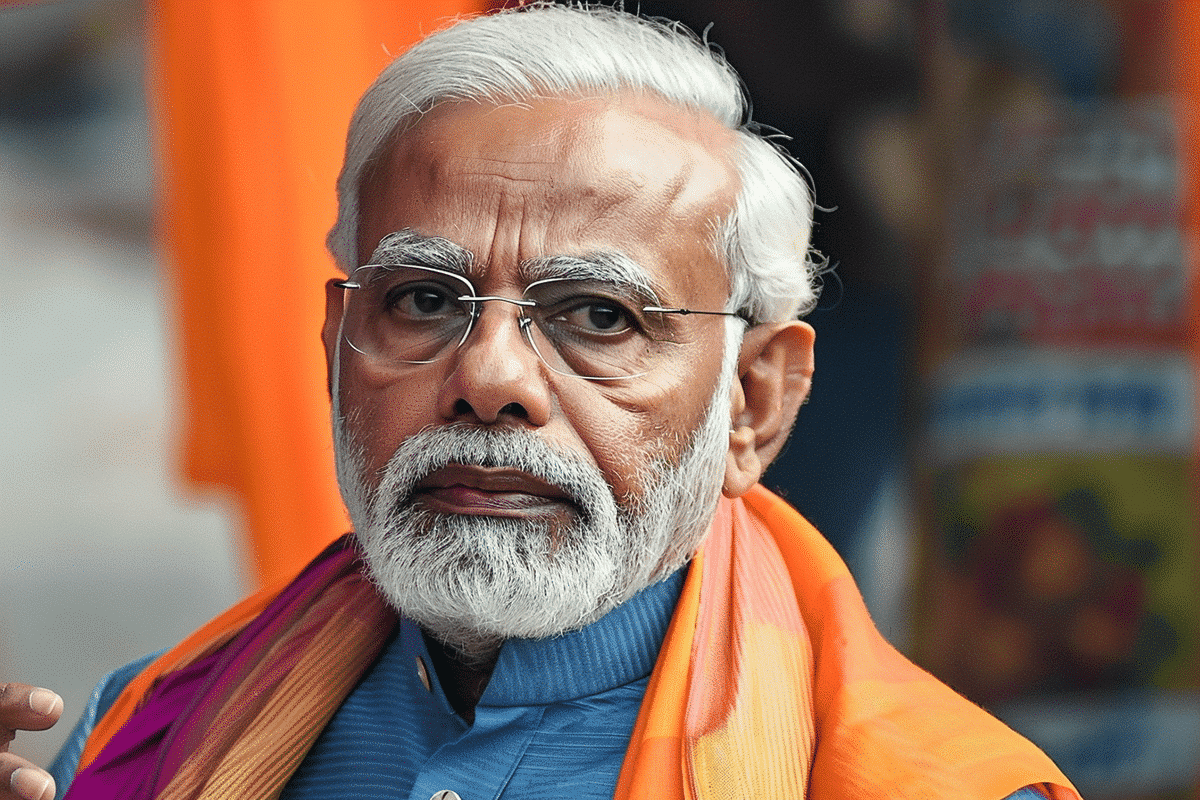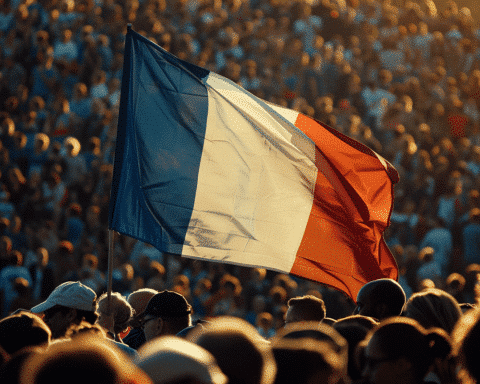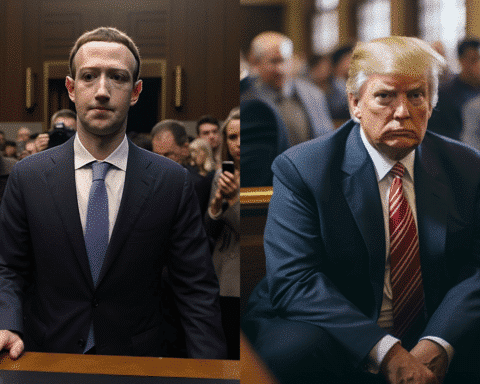Prime Minister Narendra Modi, amidst the fervor of India’s ongoing general election, has found himself embroiled in controversy yet again. Accused of employing hate speech during an election rally, Modi’s inflammatory rhetoric targeting Muslims has drawn sharp criticism from opposition parties and rights groups alike.
At a campaign event in Rajasthan, Modi made headlines by referring to Muslims as “infiltrators,” sparking accusations of religious discrimination and intolerance. The remarks, made in the context of resource distribution and population growth, have reignited debates surrounding India’s secular ethos and the BJP’s Hindu nationalist agenda.
The opposition Congress party swiftly lodged a complaint with the Election Commission of India, alleging that Modi violated electoral rules by aggravating religious tensions. The Commission, responsible for enforcing the election code of conduct, now faces mounting pressure to take action against the Prime Minister and his party.
Critics argue that Modi’s rhetoric reflects a broader pattern of targeting minorities, particularly Muslims, for political gain. They point to incidents of violence and discrimination against Muslims under BJP rule as evidence of a growing atmosphere of religious intolerance in the country.
Modi’s remarks also drew attention to a 2006 statement by former Prime Minister Manmohan Singh, which Modi cited to justify his claims about resource distribution favoring Muslims. However, Singh’s statement, originally intended to emphasize inclusivity in development efforts, has been misconstrued by Modi and his supporters to propagate anti-Muslim sentiment.
The BJP’s use of religious rhetoric in election campaigns has come under scrutiny, with the Congress party accusing them of repeated violations of electoral laws. Despite these allegations, the Election Commission’s response remains elusive, fueling concerns about its impartiality and effectiveness in upholding democratic principles.
Meanwhile, Muslim lawmaker Asaduddin Owaidi condemned Modi’s history of targeting Muslims for political ends, highlighting a persistent pattern of discriminatory behavior within the political landscape.
Under Modi’s tenure, reports of attacks on minorities, including lynching and discrimination, have surged, leading to widespread condemnation from human rights organizations. Critics argue that Modi’s silence on such issues only serves to embolden extremists and perpetuate a culture of impunity.
Modi’s invocation of Hindu nationalist tropes about Muslim population growth has also raised alarms, with critics decrying the spread of unfounded conspiracy theories and the erosion of secular values in Indian society.
Despite official data indicating a decline in Muslim fertility rates, Modi and the BJP continue to peddle narratives about Muslims as “infiltrators” and threats to Hindu identity. Such rhetoric has fueled the passage of discriminatory laws targeting interfaith marriages and further marginalizing Muslim communities.
As the general election unfolds, the stakes remain high for India’s diverse population, with the outcome likely to shape the country’s future trajectory on issues of secularism, pluralism, and minority rights. In the face of mounting criticism, Modi and the BJP find themselves at a crossroads, grappling with the repercussions of their divisive rhetoric on the nation’s democratic fabric.




